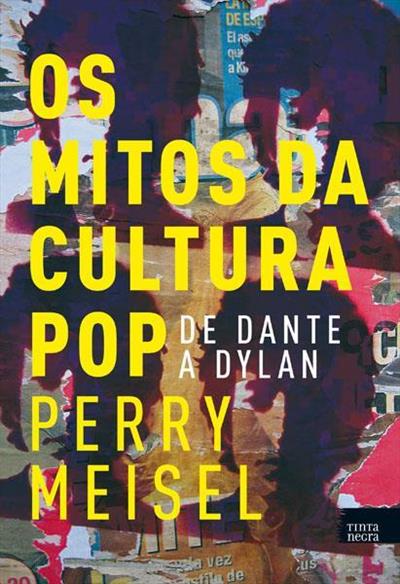by Perry Meisel
It took three songs before the Raybeats' cherubic workhorse Pat Irwin looked up from his trashy Ace Tone organ and smiled at the crowd two Saturdays ago at Maxwell's. The Raybeats had been relaxing maybe a little too much. Jody Harris's meandering guitar and the almost farcical smokeshow that brought the band onstage had bordered dangerously near Quicksilver, the Dead ethos of an organic and expressionist rock and roll nauseating to postauthenticist p--k.
But once the boomeranging chords began - drilled into formation by the commanding crack of Dan Christensen's snare and Danny Amis's picky bass - the Raybeats nestled into their customary fleecy twang, slinging vectors of reverb through your brain and heart right down to your pointy shoes. Poised between arrogance and dread, ferocity and cool, Harris and Amis nuzzled their axes with tender fingers while Irwin booped, chortled, and grunted on organ and saxophone, later joining Harris on guitar.
Formed in 1979 with late and legendary George Scott on bass, the Raybeats transistorized rock history even from the start: Harris and Christensen had worked with James Chance; Irwin and Scott had played with Lydia Lunch. Early actors in the polymorphous adventure called p--k f--k, they've come to represent its slaphappy or up side, the reverse of the down or anxious alternative of neo-funk proper. The Raybeats' key difference from orthodox p--k and conservative p--k f--k is the lighter, airier sound of guitars that snap as well as sing, a sweeter sound that the now-homogenized Ramones strut precludes even in clonebands as rhythmically powerful as Black Flag. At Maxwell's, Irwin had actually switched to a Stratocaster from the Les Paul I saw him wield at the Pep - from a denser, metal-inclined ax to a bluesier, chewier one.
After numerous listenings, I'm also convinced that the band's first album, PVC's Guitar Beat, is no toss-off. Irwin's grinding alto riffs on "Tight Turn" - the album's opener and the band's anthem along with "Searching," the opener at Maxwell's - is almost the sole vestige of the Contortions in a sound infinitely less derivative (and certainly less nostalgic) than you might think on first hearing. If at one extreme the band can sound like Bay psychedelia ("Tone Zone"), at the other it can sound like L.A. studio funk ("Cocktails"). But between the extremes - the general rule, exemplified by the luxuriant grandeur of "Searching" - the sound is wittingly (but not anxiously) sedimented with allusions to earlier rock and roll, especially the ubiquitous Ventures (overtly on "B-Gas-Rickshaw," more reconditely on "The Calhoun Surf"). Miraculously, such references ground the band in precedent without stifling it. Who five years ago would've thought a relaxed Mississippi thing like "The Backstroke" was possible from a Manhattan art band? Even what may sound like a plain old sixth-chorus heart-breaker ballad ("Guitar Beat," for example) turns out to have just enough slight chordal variation on the formula to open unlyrical combinations it never seemed to possess before.
So much is at work in this scholarly band that the absence of a singer is something you hardly notice. Especially with Irwin replacing the fuhrer figure by constantly switching instruments and attitudes, the apparent lack suggests that the band has surmounted the quaint category of personality altogether. Billed as a "combo" rather than a "band," they come together as a locus of thoughts in a highly controlled form of jamming, not as a monolith of conceptual intent signed with the kiss of a star.
Despite the band's "Secret Agent Man" edge/tone/feel/luster - even despite the skinny ties and gold-lamé uniform they seem to be dropping - the Raybeats aren't putting anybody on, least of all themselves. Though they know that you put on your values like you put on your clothes, their music suggests that p--k has now moved beyond the conversion of rock and roll into rock and role. They oversee the happy transparency of genre rather than the endless need to parody or deflect it. Even extraneous evidence confirms this: the band's 1980 EP (Roping Wild Bears, Don't Fall Off the Mountain Records) was recorded in Austin, while their current promo (like Joan Jett's) hypes them as Americans rather than New Wavers. Even my desire to compare the Raybeats with classic bands like Traffic or Booker T. & the M.G.s is a symptom of the tight (re)turn to tradition they symbolize. The Raybeats have called everybody's bluff and actually delivered.
Do they signal the end of p--k? Will p--k f--k fold back into the genres from which it came, no longer kicking and screaming? Tom Smucker's reminder to Joan Jett that she's entered history might be addressed to the Raybeats, too, and with almost as little worry. Rock and roll has grown up all over again. Just enough.
Originally published in The Village Voice, January 20 - 26, 1982
Sample view:




